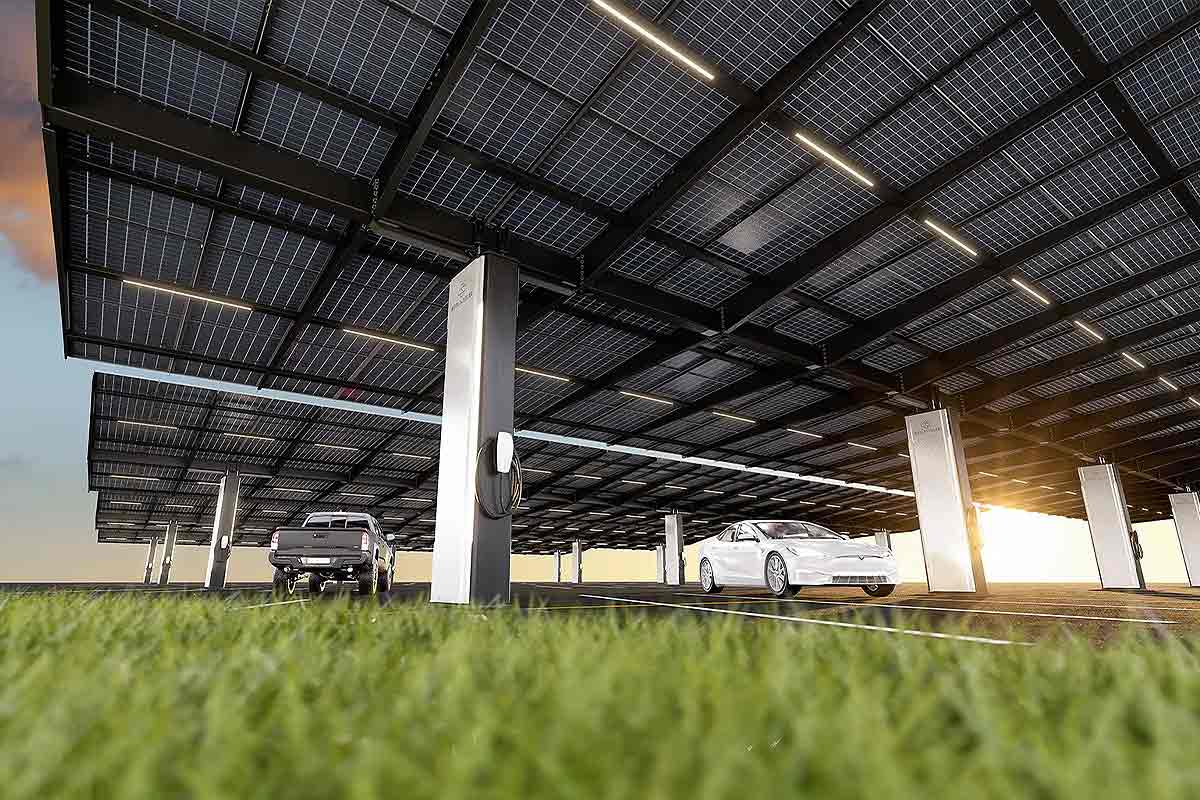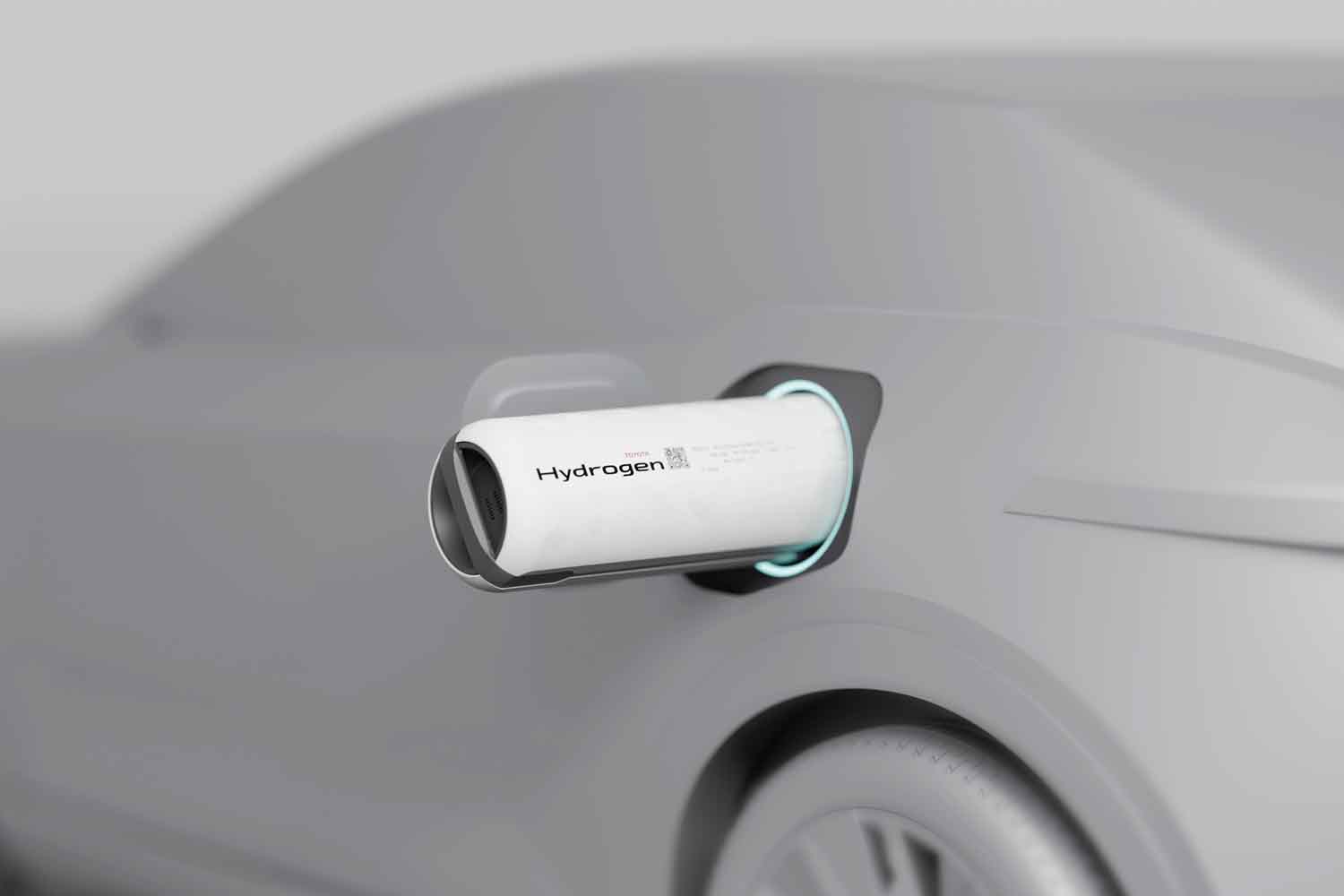An American company has developed LumaPort, a modular shelter that integrates solar panels, electric vehicle charging stations and LED lights, transforming parking lots into photovoltaic power plants. Easy to assemble, the system is assembled like children's building blocks, without the need for specialized technicians.

These are the challenges of energy transition. Makers, scientists, and companies around the globe are thus challenged to produce efficient, non-intrusive, and creative solutions.
We have seen this trend with foldable origami-like portable panels and those that use broad, otherwise unused surfaces-such as those installed on Oslo’s Ullevaal Stadium. Research is also being conducted on building entire roads made of solar modules. These innovations utilize existing infrastructure and urban surroundings to deliver energy efficiently.
Rethinking parking lot canopies
Most of us might agree that parking lot canopies at shopping centers aren’t architectural marvels. Nonetheless, it does its required job for shielding the interior of cars parked inside those canopies, especially on a very hot summer to prevent its interiors from scorching.
What if these could work much harder in making electricity generated by the color of their shades green?
Enter a U.S.-based company with a modular solution called LumaPort, designed to transform unused parking lot roofs into solar power stations. Here’s how it works.
Each unit comes equipped with solar panels, electric vehicle charging stations, LED lights, and other essential components. Delivered pre-assembled, the module is ready to be installed in any parking lot. The primary advantage for businesses is the speed of installation: these modules can be linked together just like building blocks.
A snap-together solar system
These modules are designed to be easy to assemble and don’t require specialized engineers or technicians. Each of the components will lock together-like a toy construction set-so that the entire assembly can be done rapidly and efficiently.
With this simple solution, it could soon literally be child’s play to generate, store, and distribute electricity in cities.
Source: World4Solar

